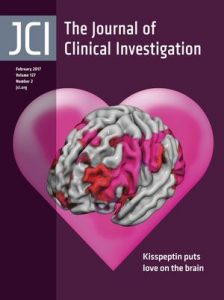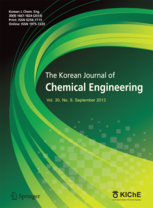 Some recent communications from companies involved in academic publishing have some journal representatives worried. In one instance, a manuscript editing company offered to pay an editor to help its papers get published in his journal; in another, a research ethics company threatened to investigate all of an author’s papers if he or she didn’t donate thousands to support the company’s efforts. Bottom line: Research authors (and editors) should beware companies offering unethical manuscript editing and other publishing services. Below are examples (which we’ve verified) compiled by Chris Graf, Co-Vice Chair of the Committee on Publication Ethics (COPE) and Society Partnership Director at Wiley; Richard Holt, editor-in-chief of Diabetic Medicine and researcher at the University of Southampton; Tamara Welschot, the Director of Research Integrity and Publishing Services at Springer Nature; and Matt Hodgkinson, Head of Research Integrity, Hindawi Limited.
Some recent communications from companies involved in academic publishing have some journal representatives worried. In one instance, a manuscript editing company offered to pay an editor to help its papers get published in his journal; in another, a research ethics company threatened to investigate all of an author’s papers if he or she didn’t donate thousands to support the company’s efforts. Bottom line: Research authors (and editors) should beware companies offering unethical manuscript editing and other publishing services. Below are examples (which we’ve verified) compiled by Chris Graf, Co-Vice Chair of the Committee on Publication Ethics (COPE) and Society Partnership Director at Wiley; Richard Holt, editor-in-chief of Diabetic Medicine and researcher at the University of Southampton; Tamara Welschot, the Director of Research Integrity and Publishing Services at Springer Nature; and Matt Hodgkinson, Head of Research Integrity, Hindawi Limited.
We share for the benefit of researchers (and journal editors and publishers) three new warnings cut from the same cloth as other recent peer review “scams.” These warnings appear to indicate that third parties continue to attempt to inappropriately influence peer review and journal publishing.
Here are the details.
Continue reading Pay to play? Three new ways companies are subverting academic publishing
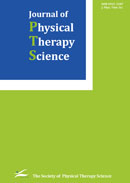
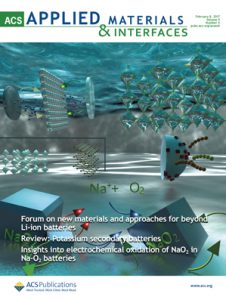 Researchers have retracted two 2016 papers from the same journal which were published without the permission of the supervising scientists.
Researchers have retracted two 2016 papers from the same journal which were published without the permission of the supervising scientists.
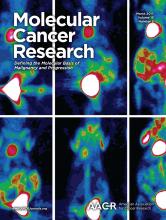 Pfizer has retracted a paper by a former employee who was fired after the company discovered she had been doctoring data.
Pfizer has retracted a paper by a former employee who was fired after the company discovered she had been doctoring data.

